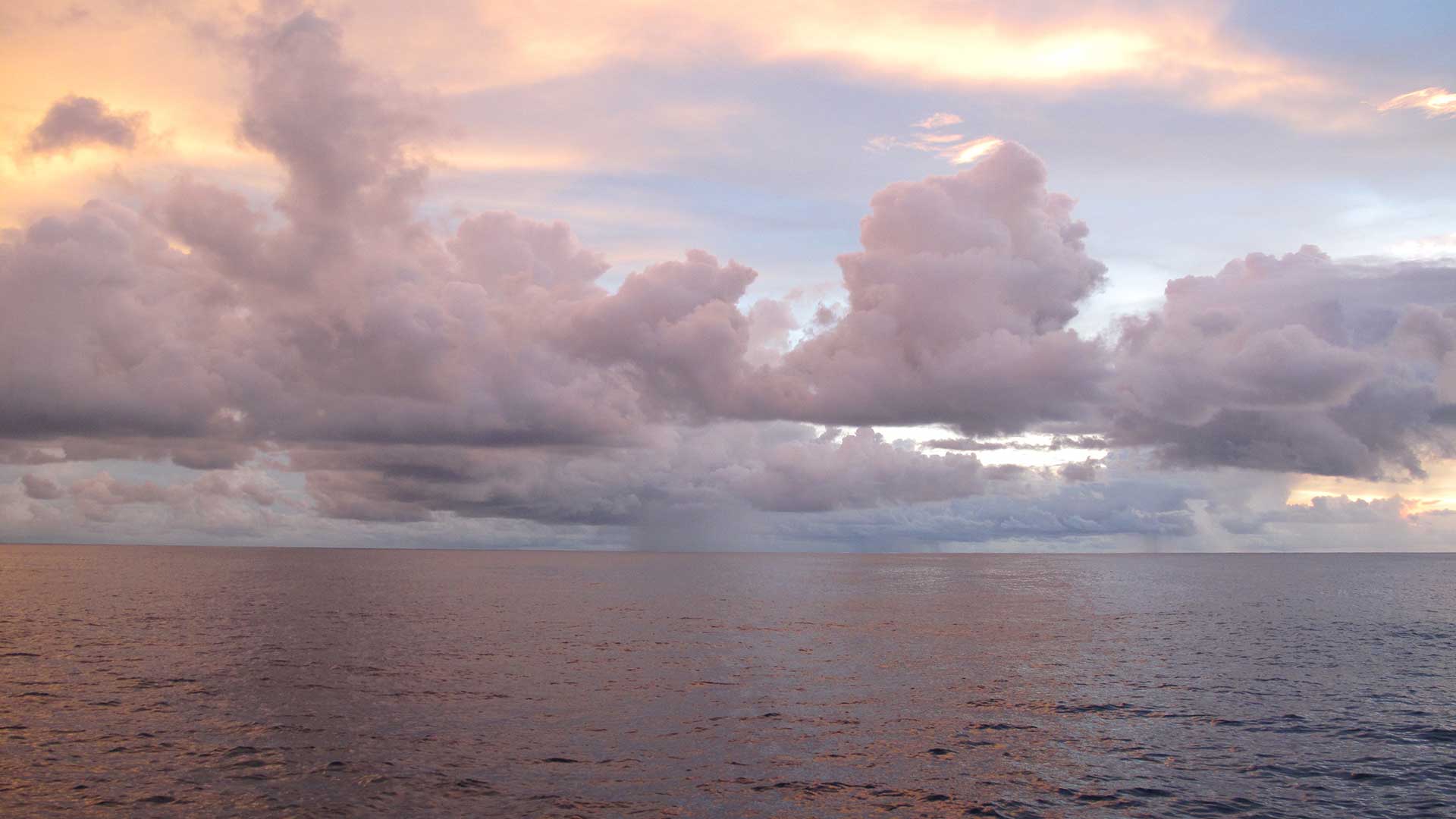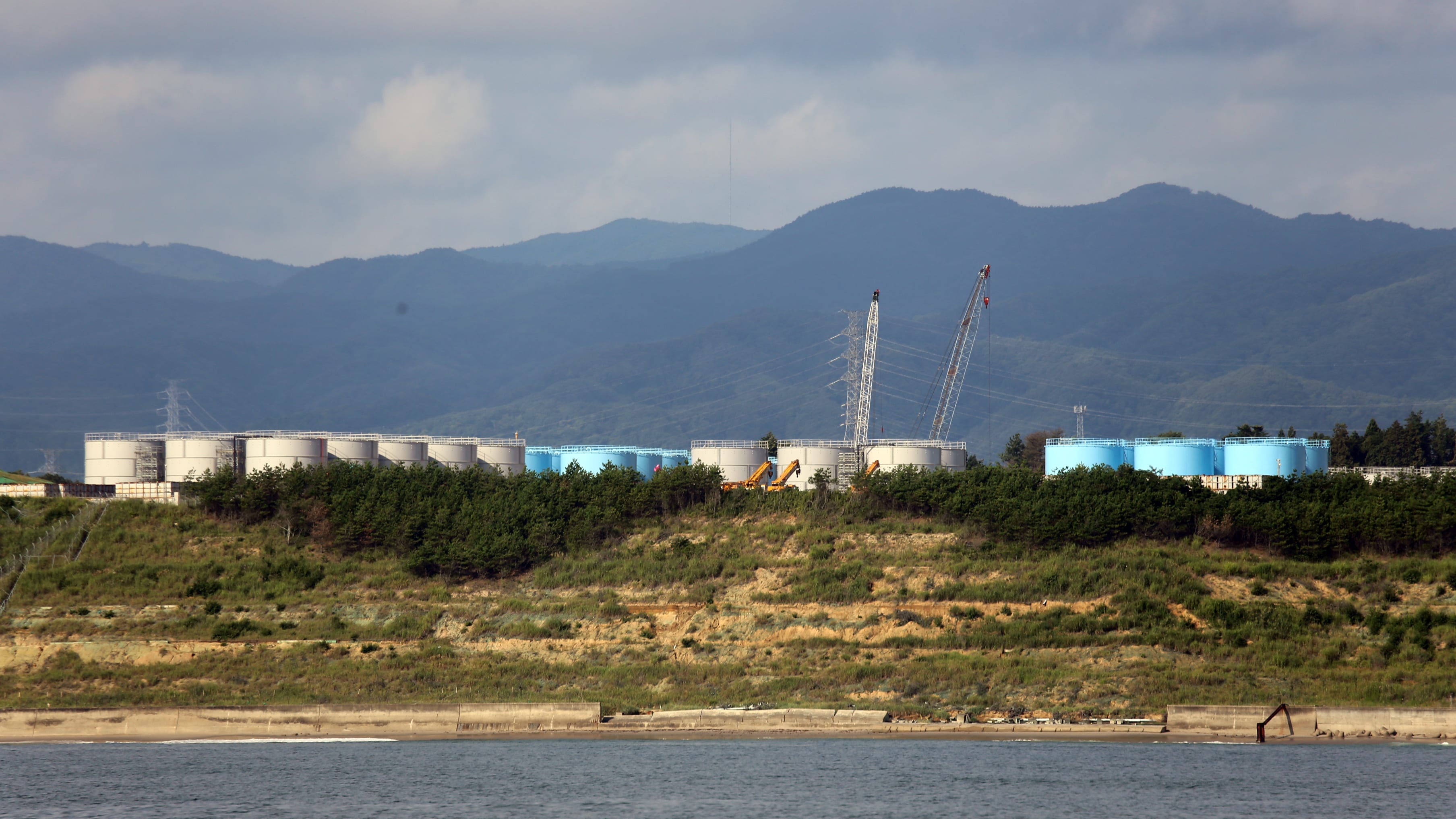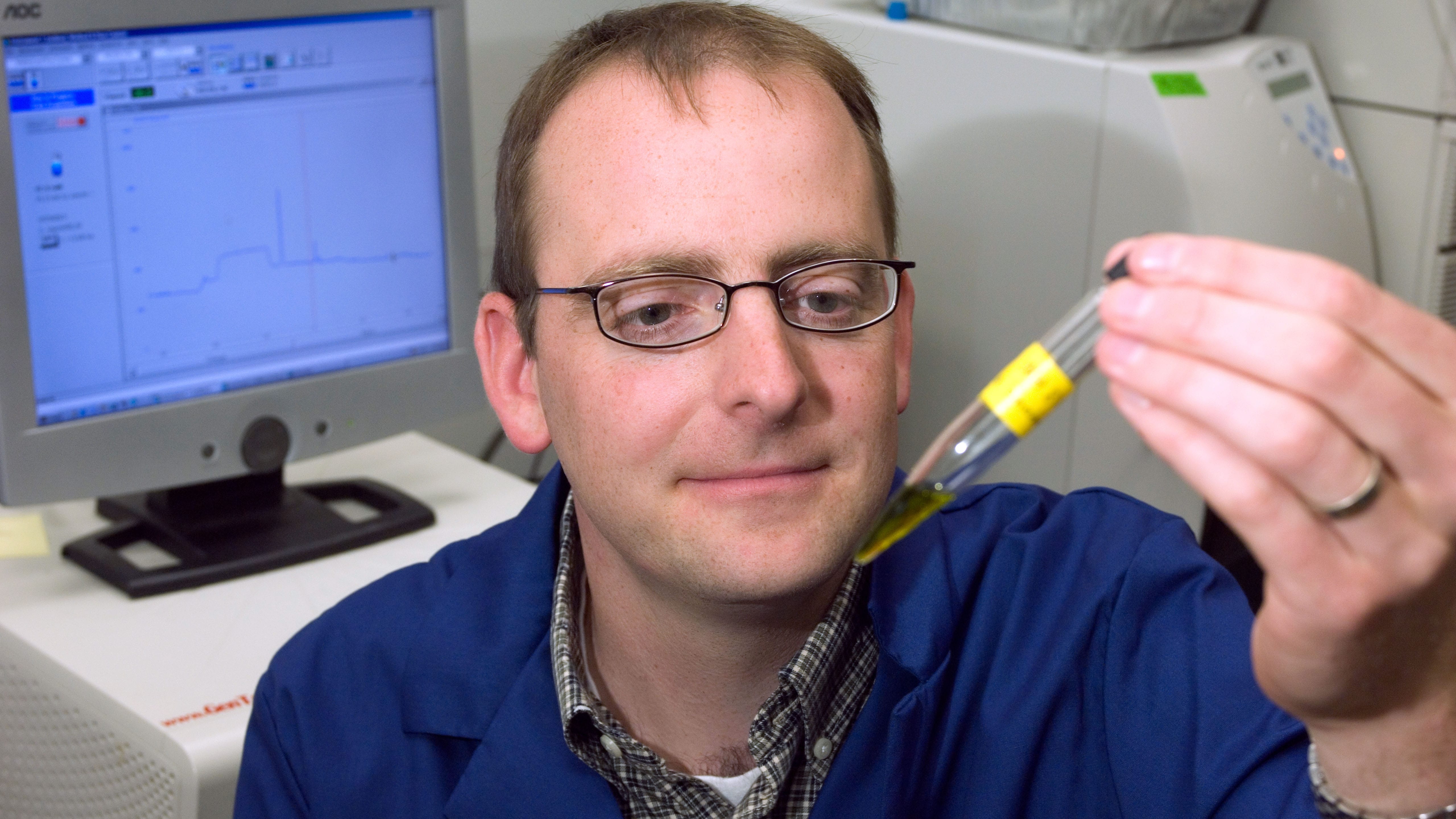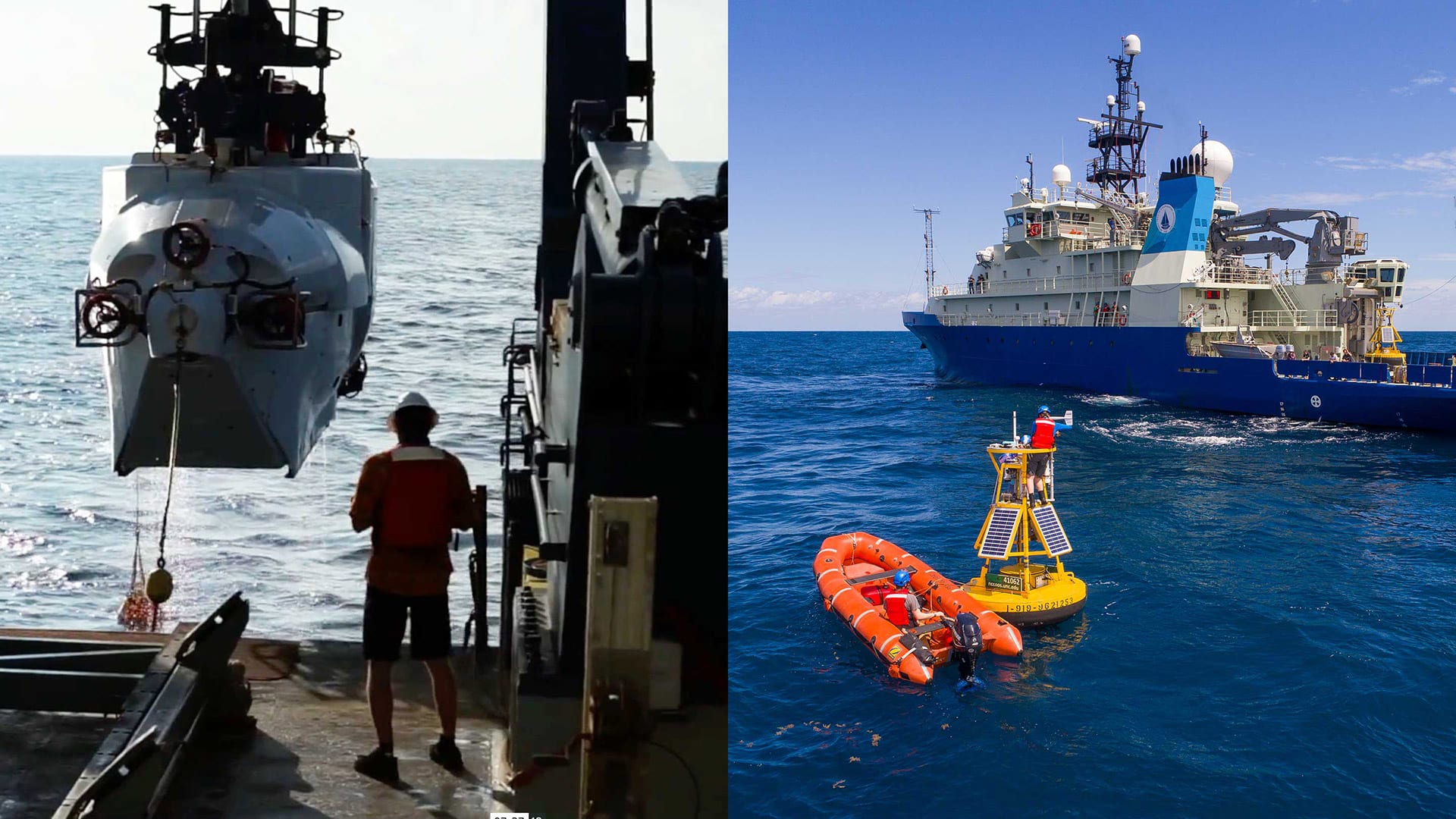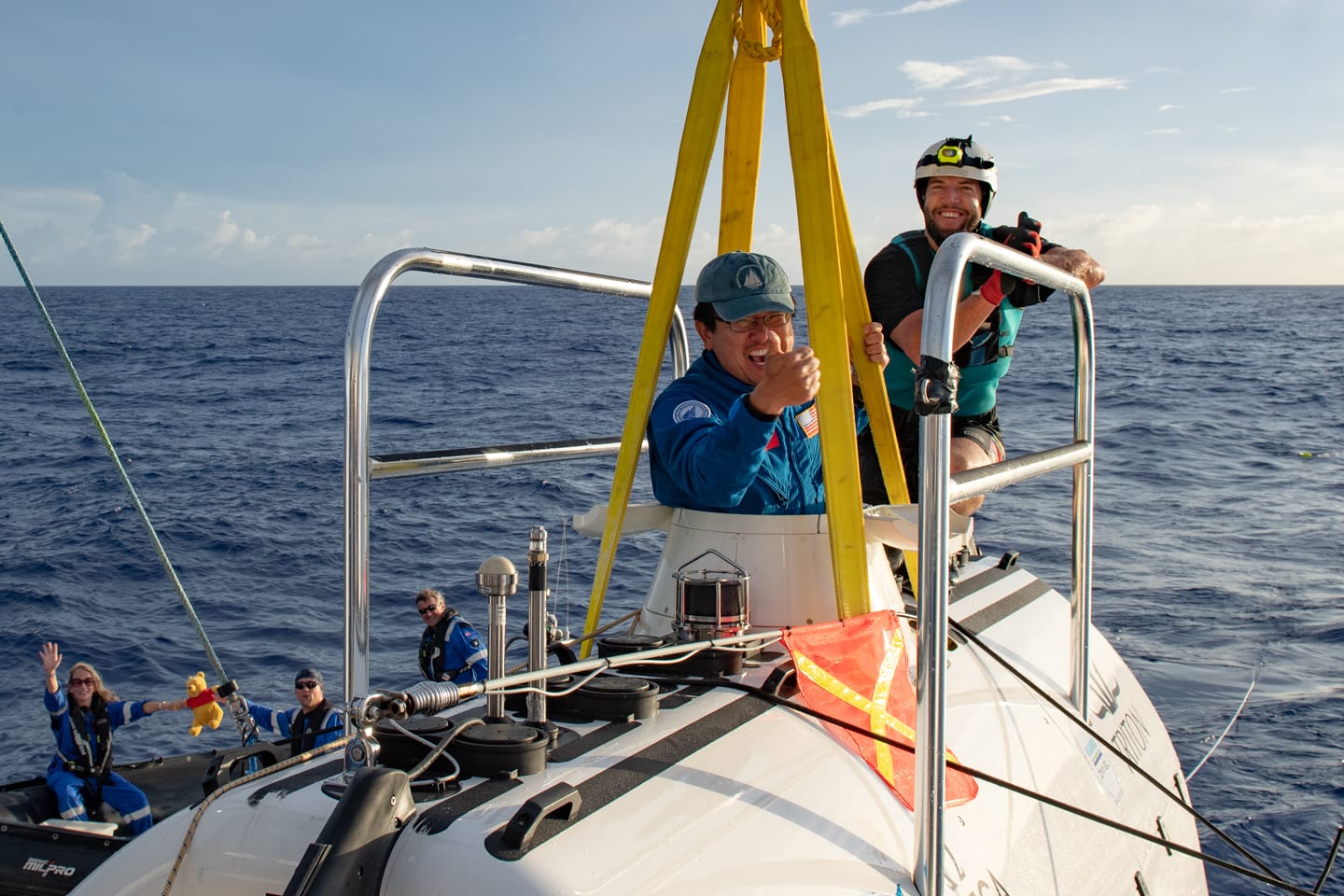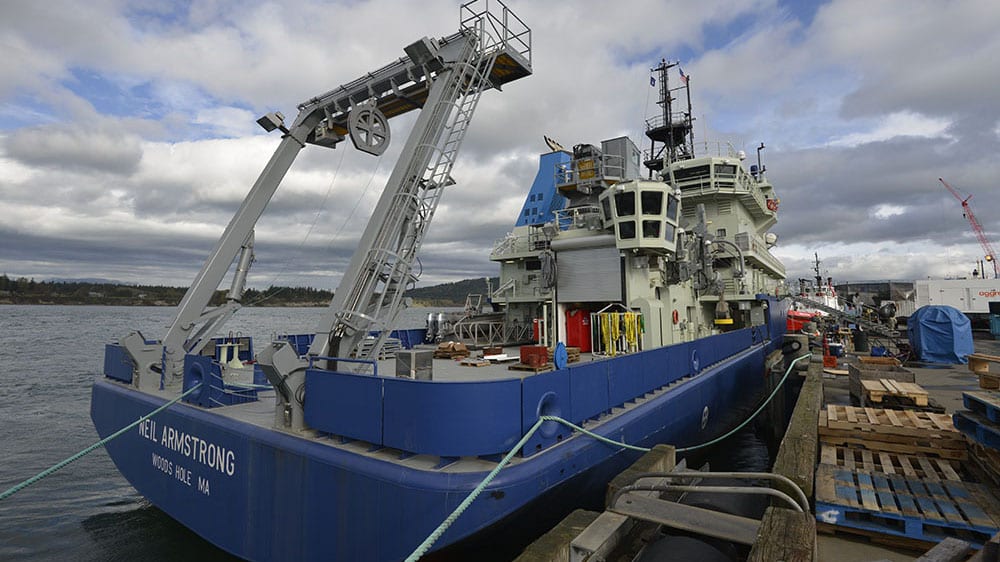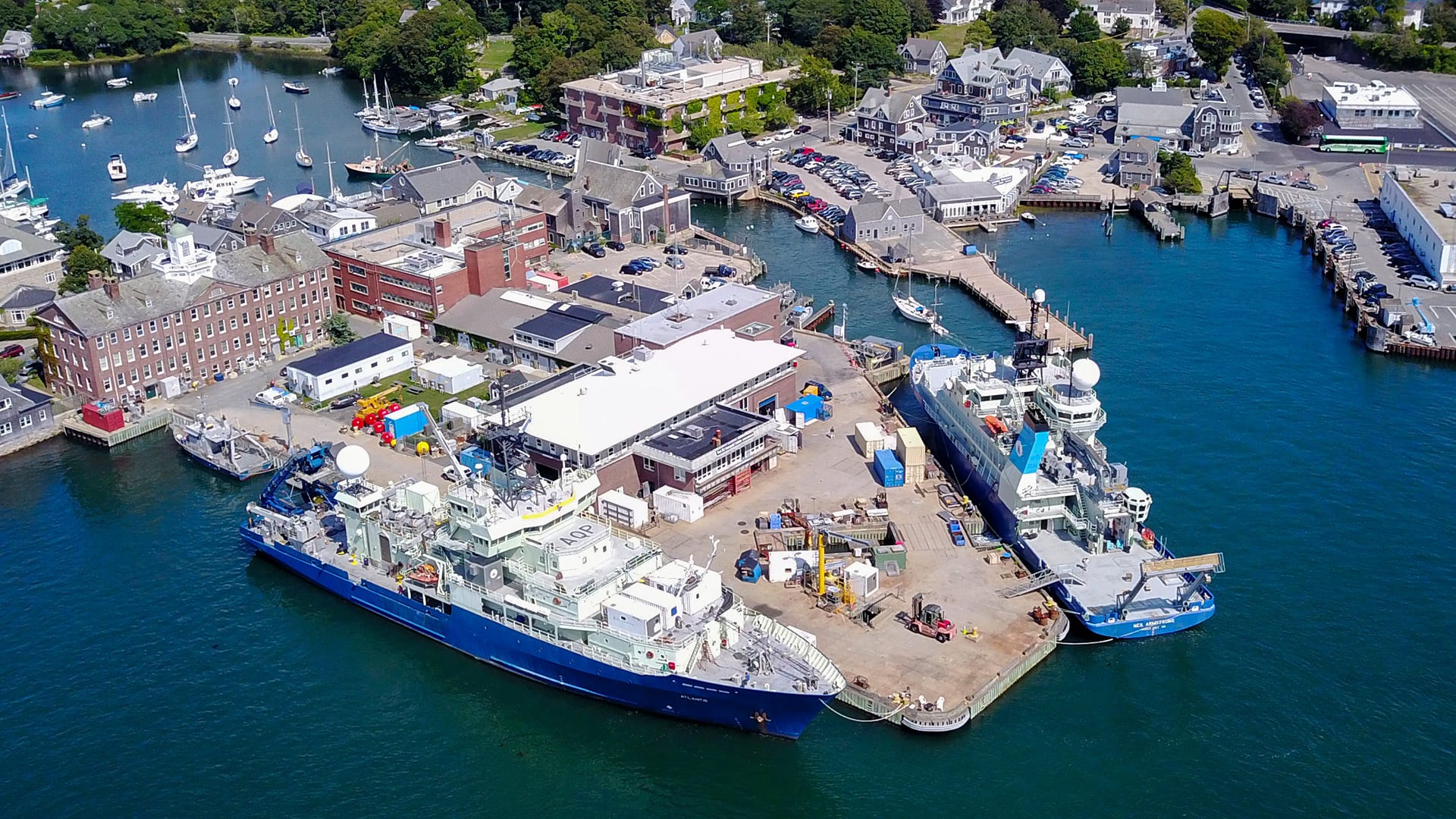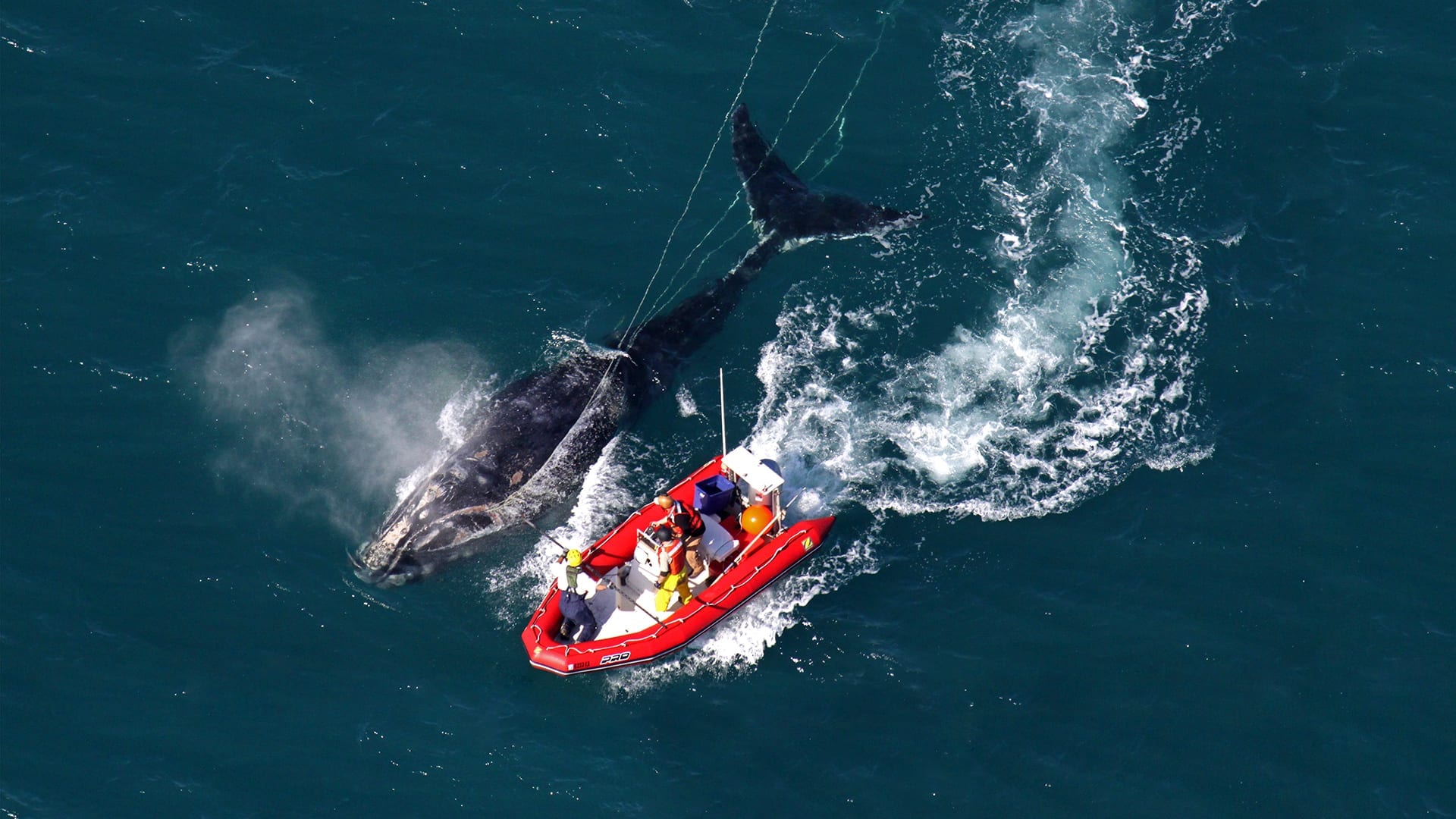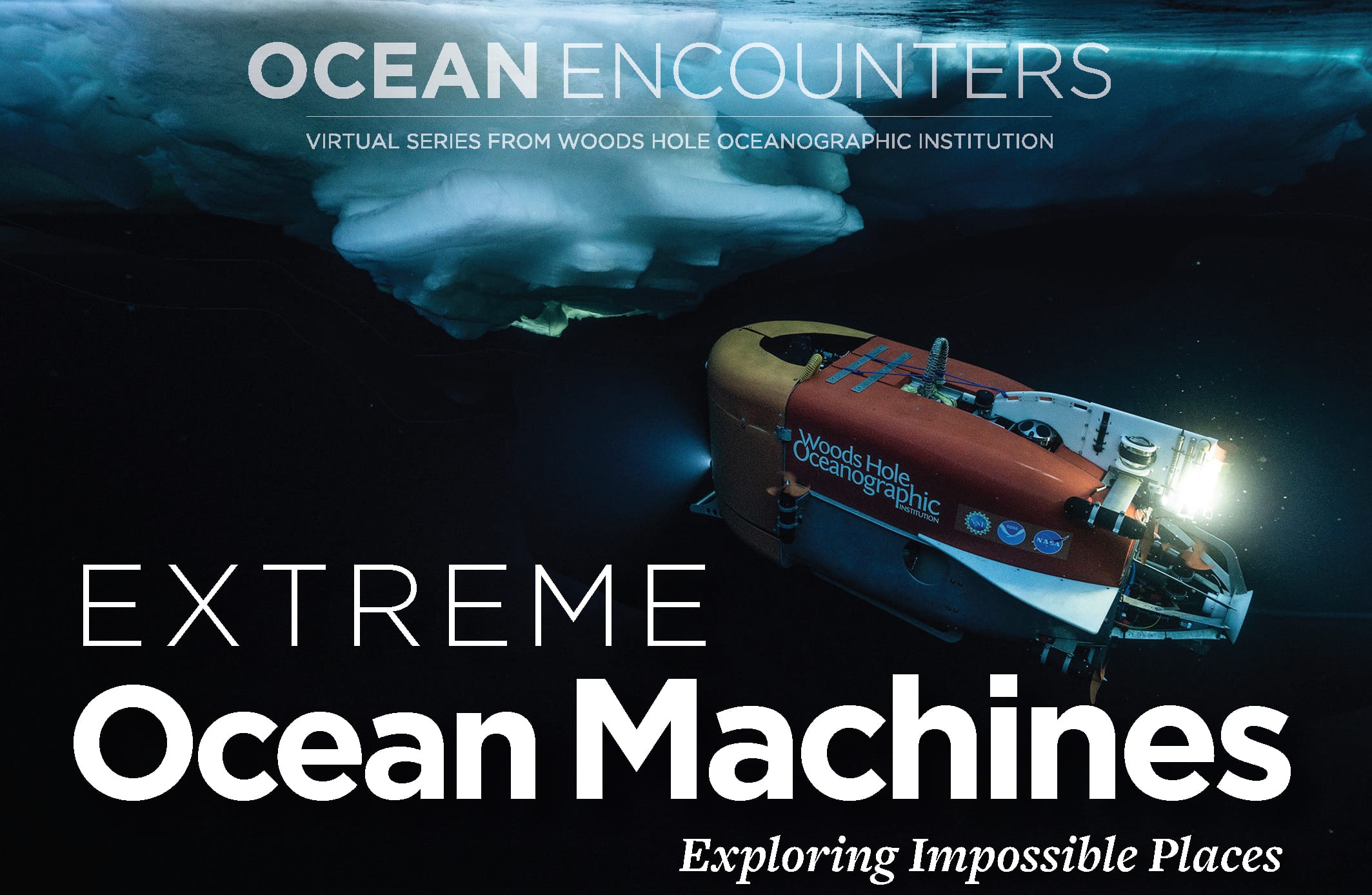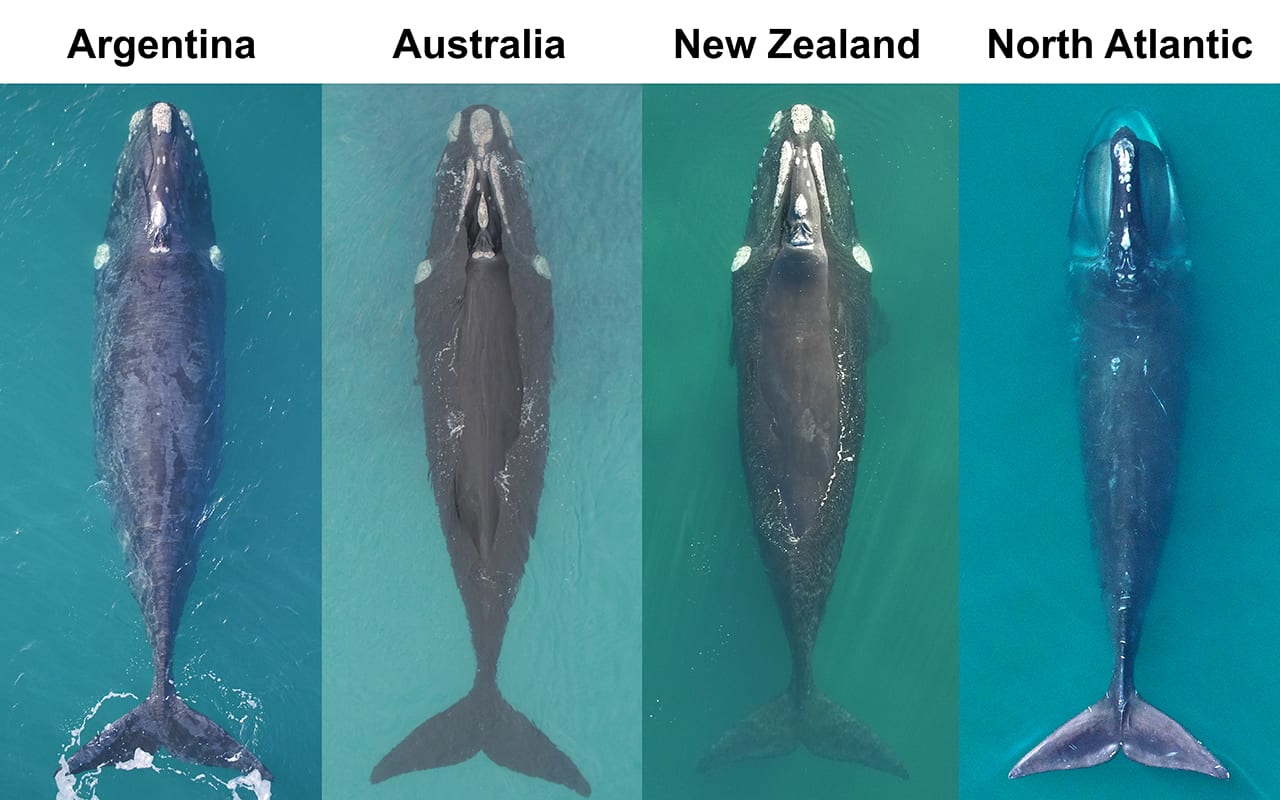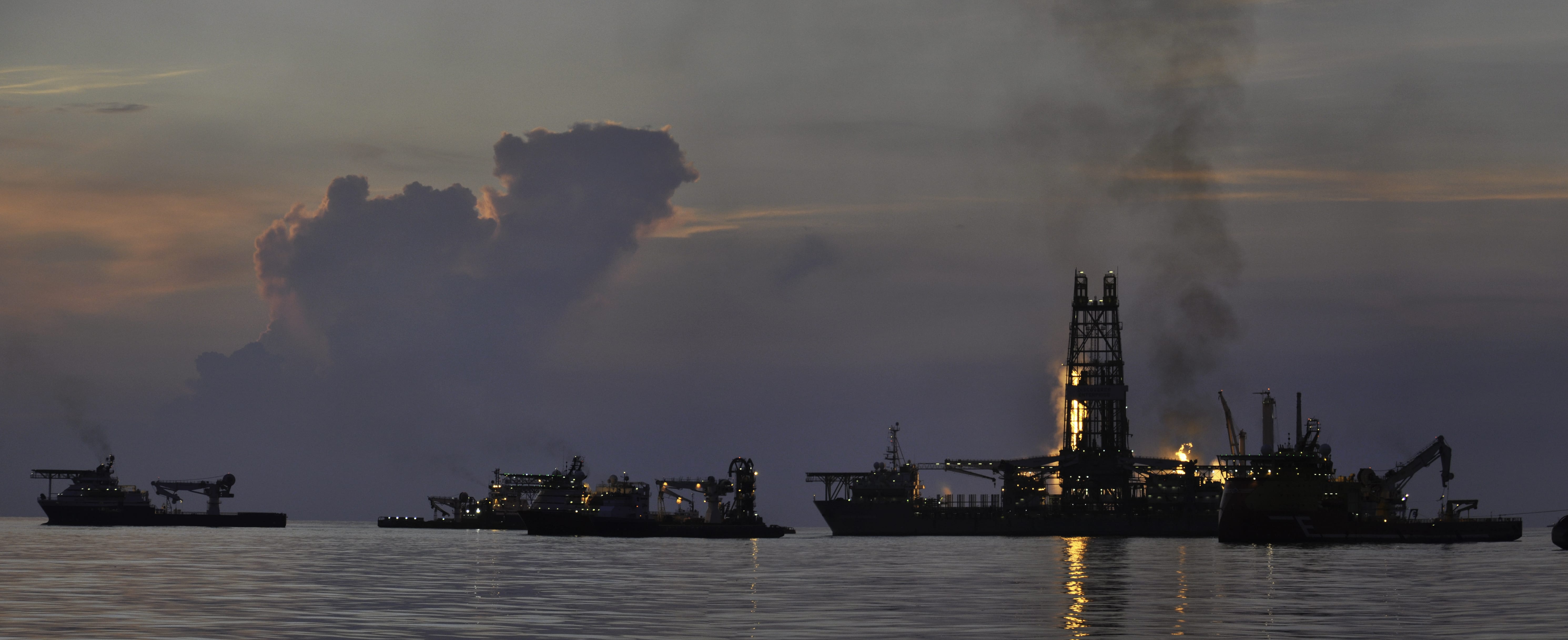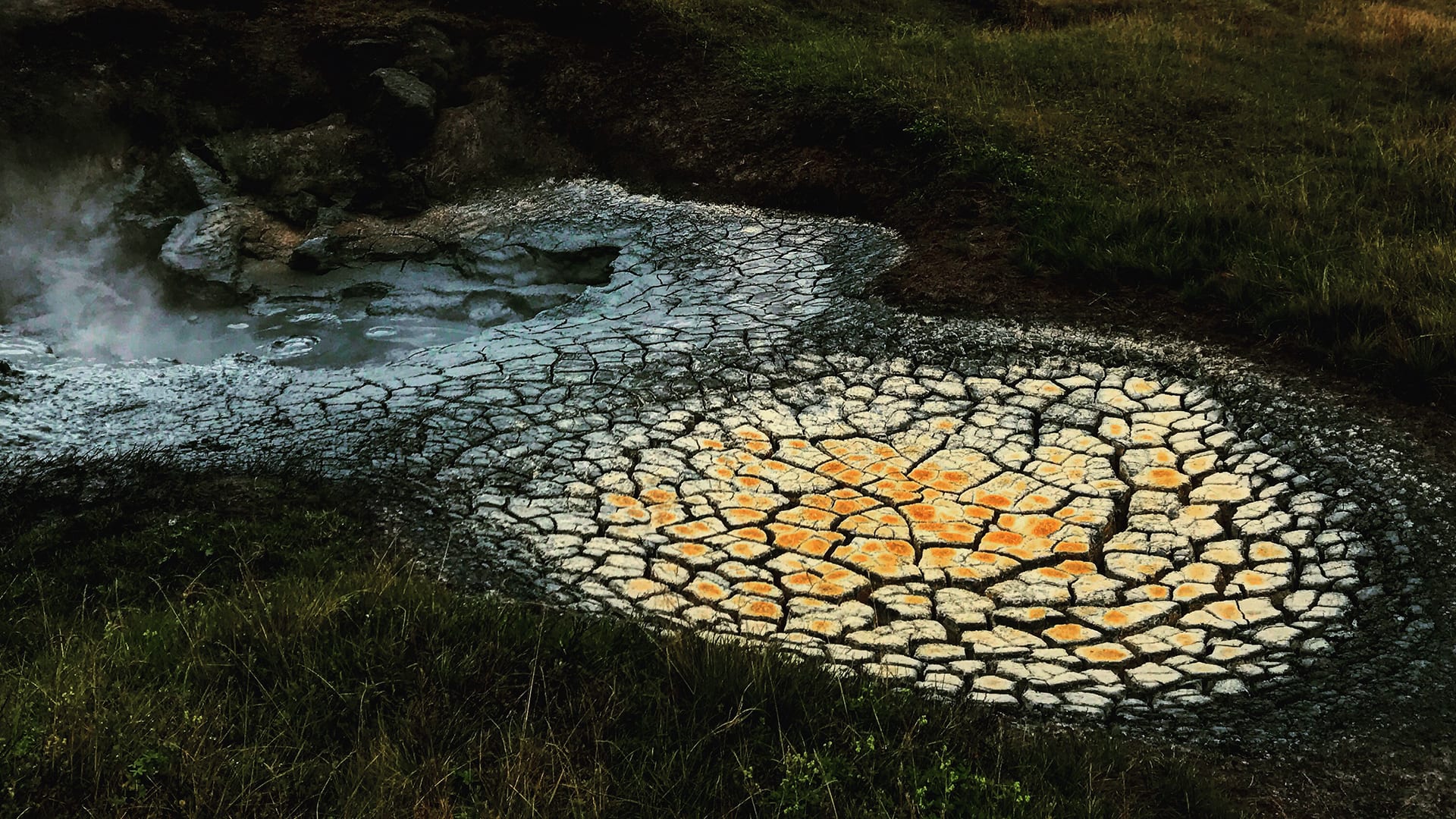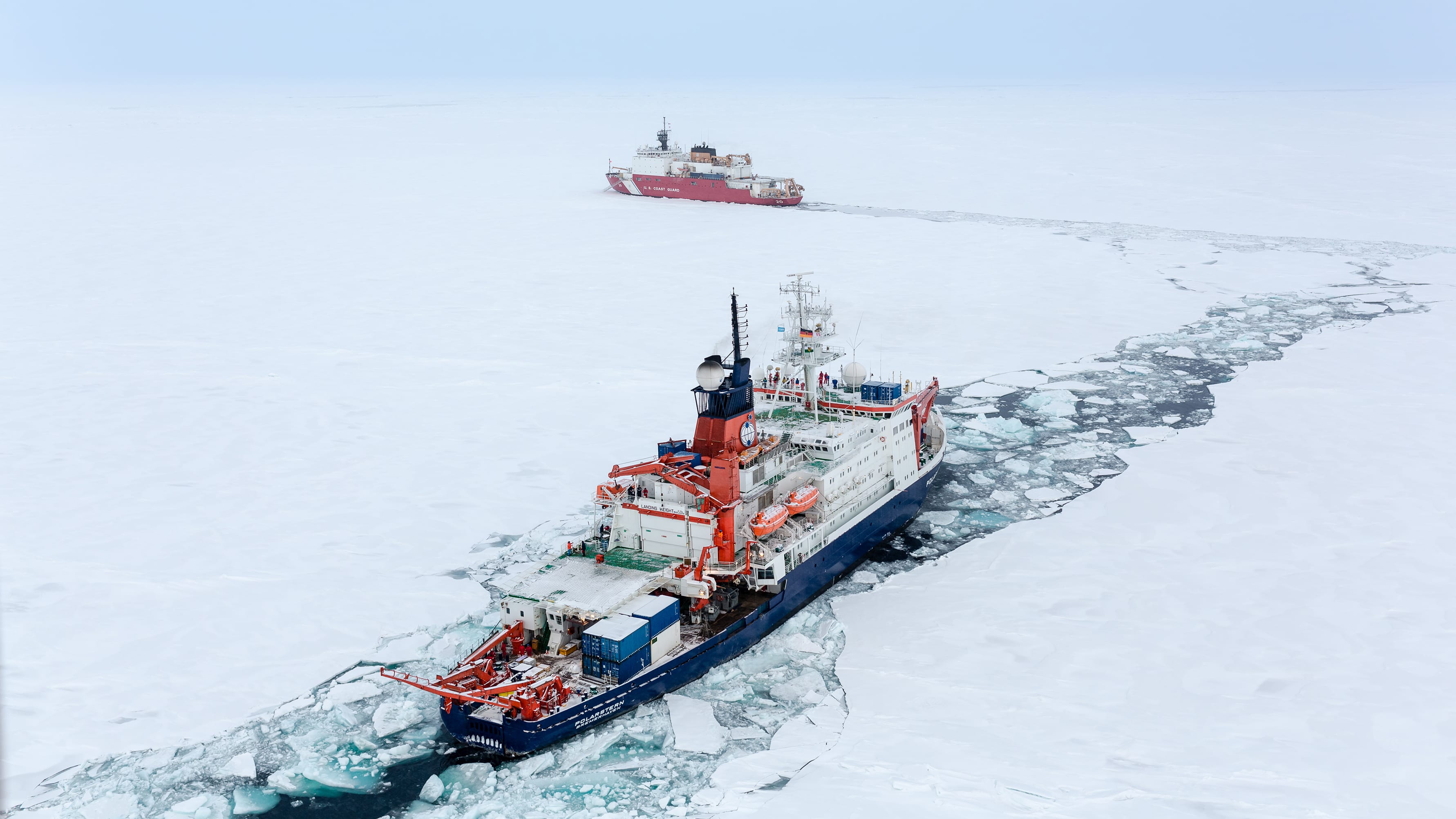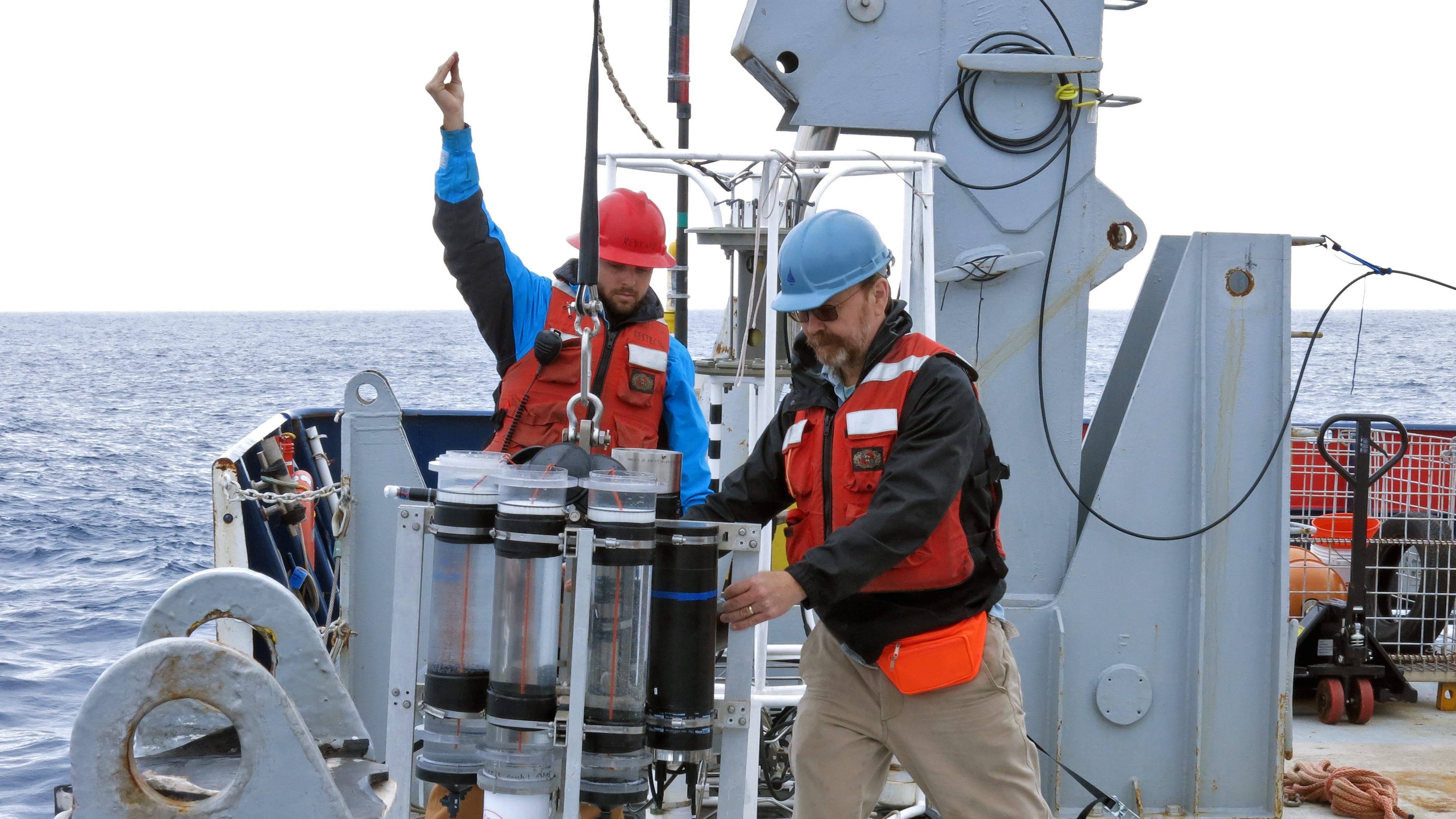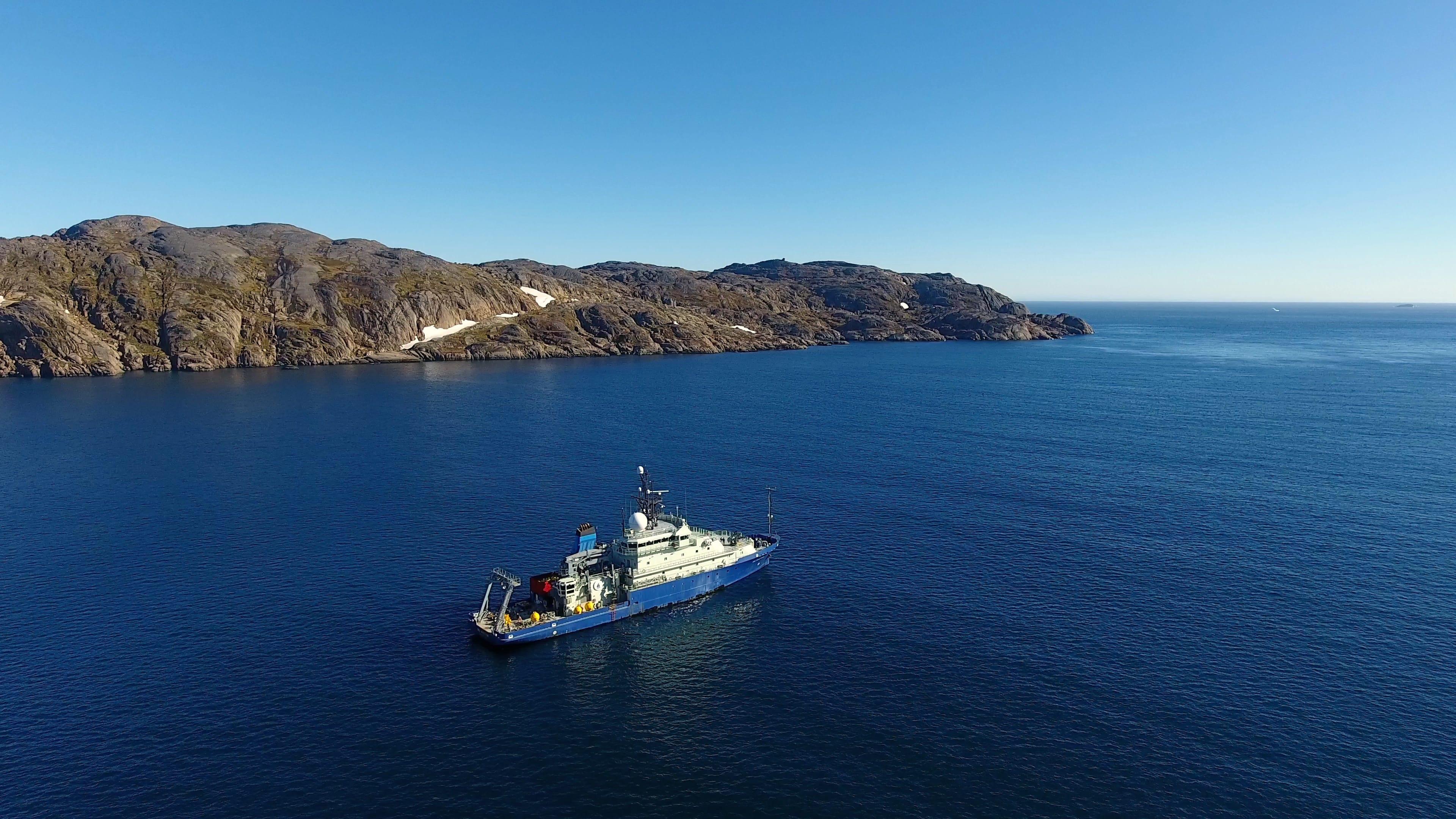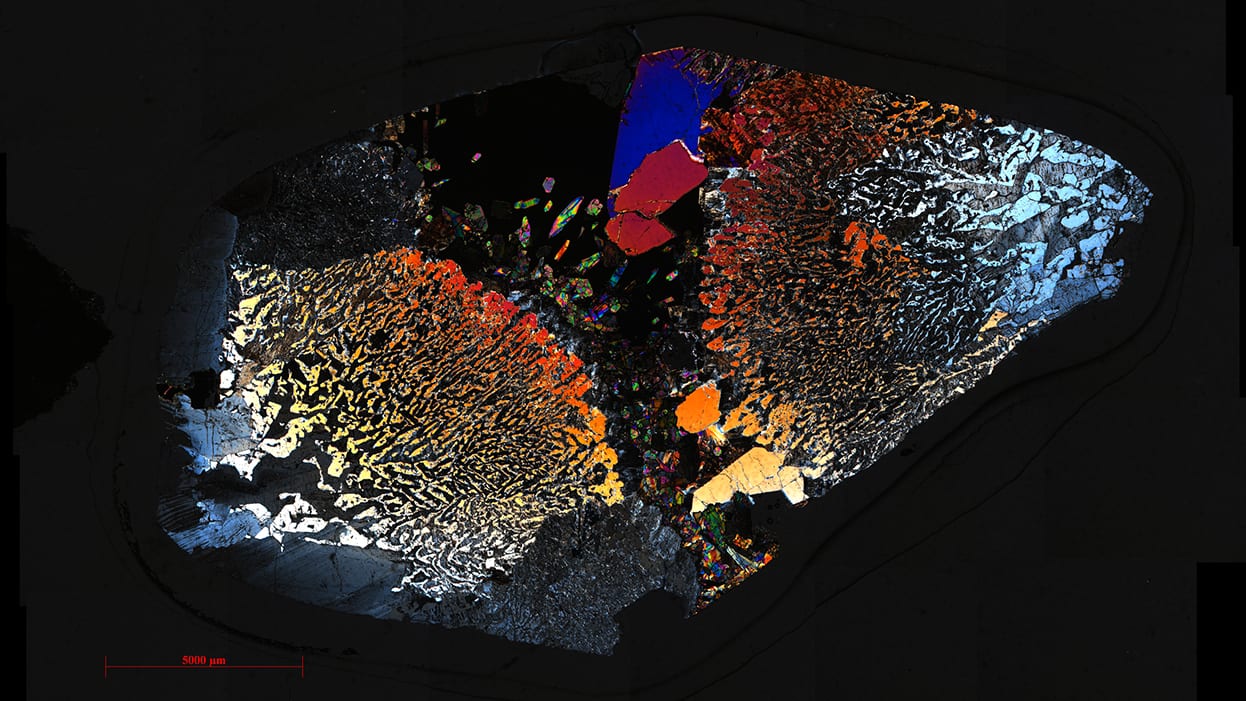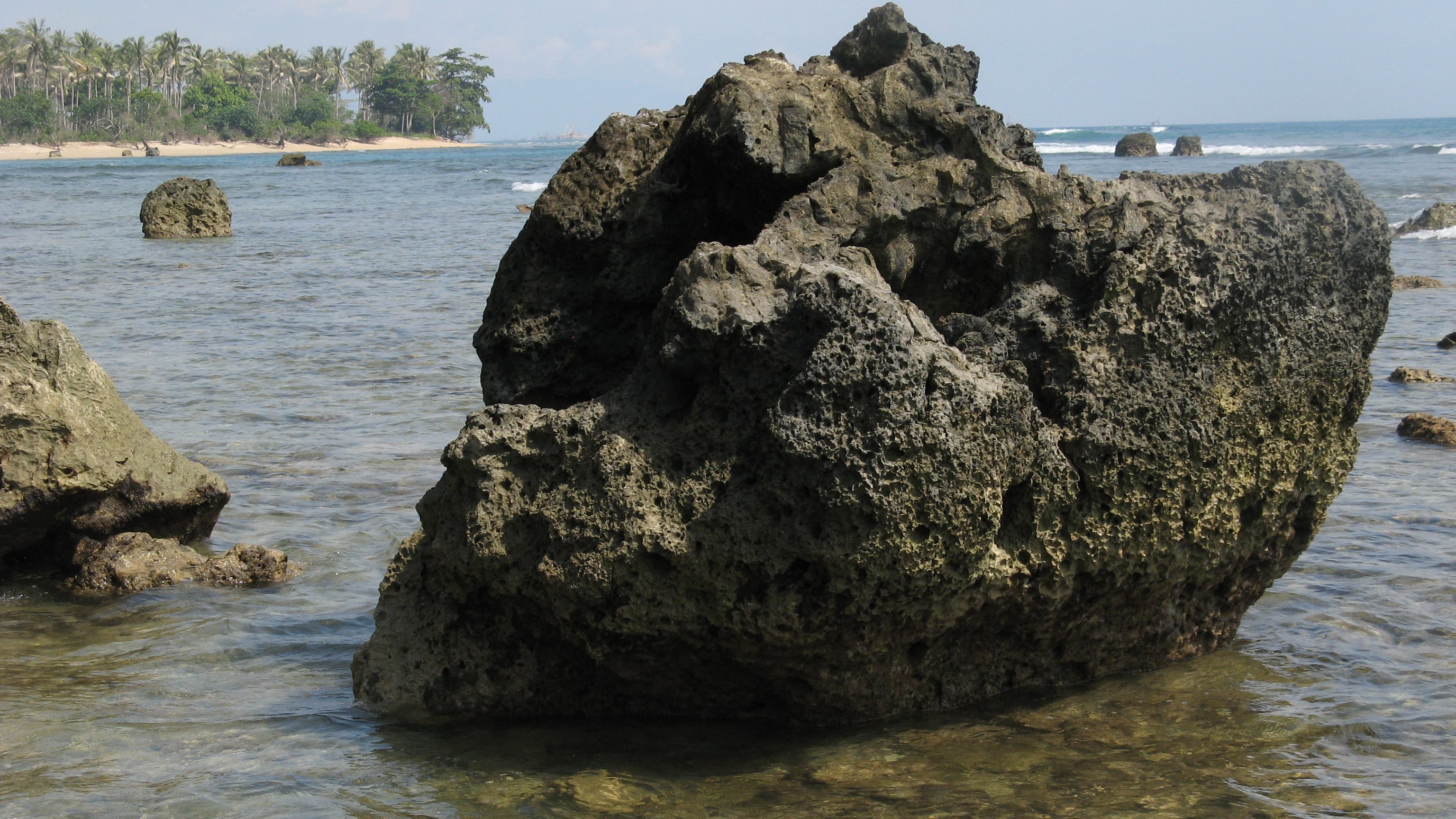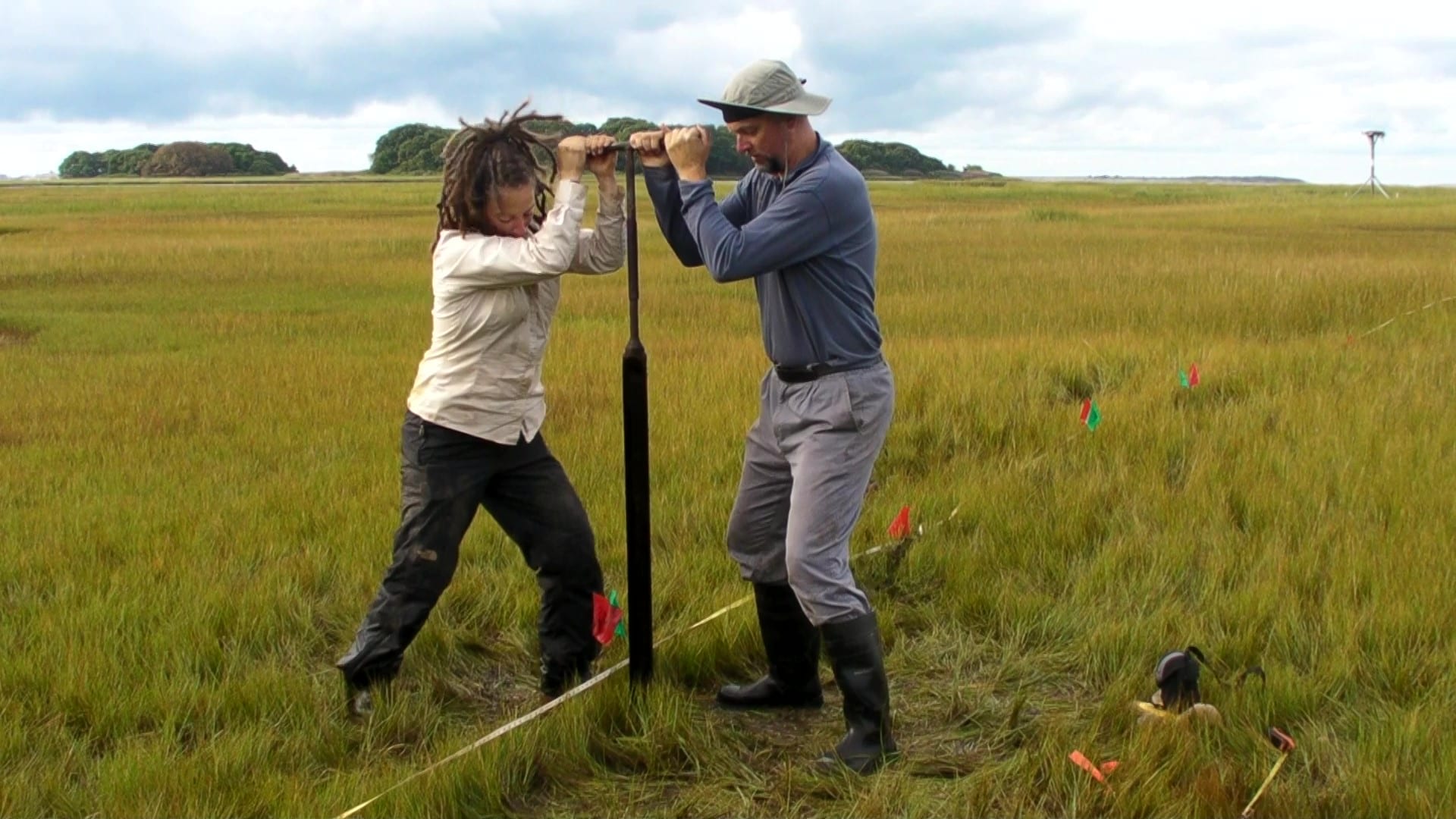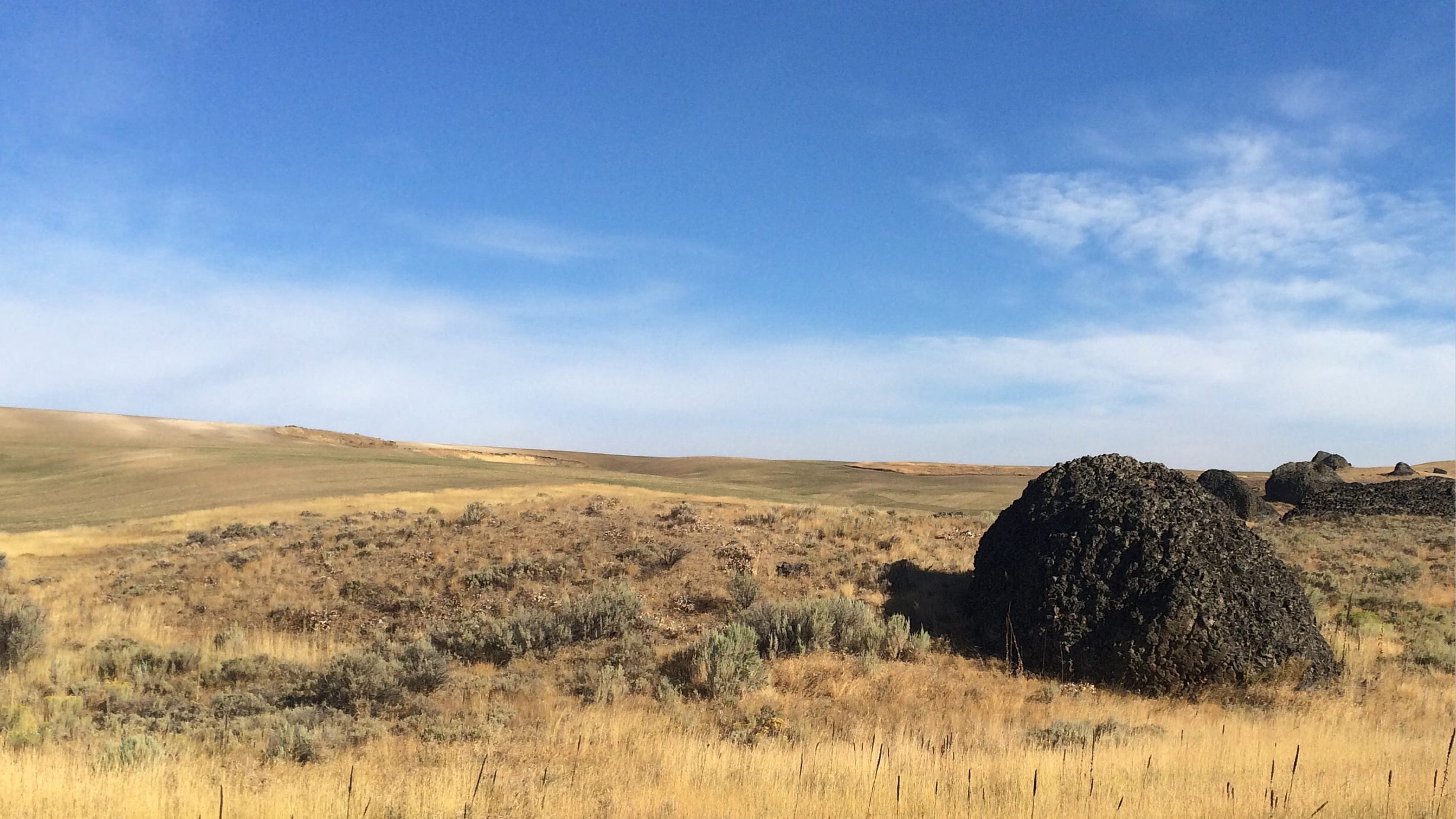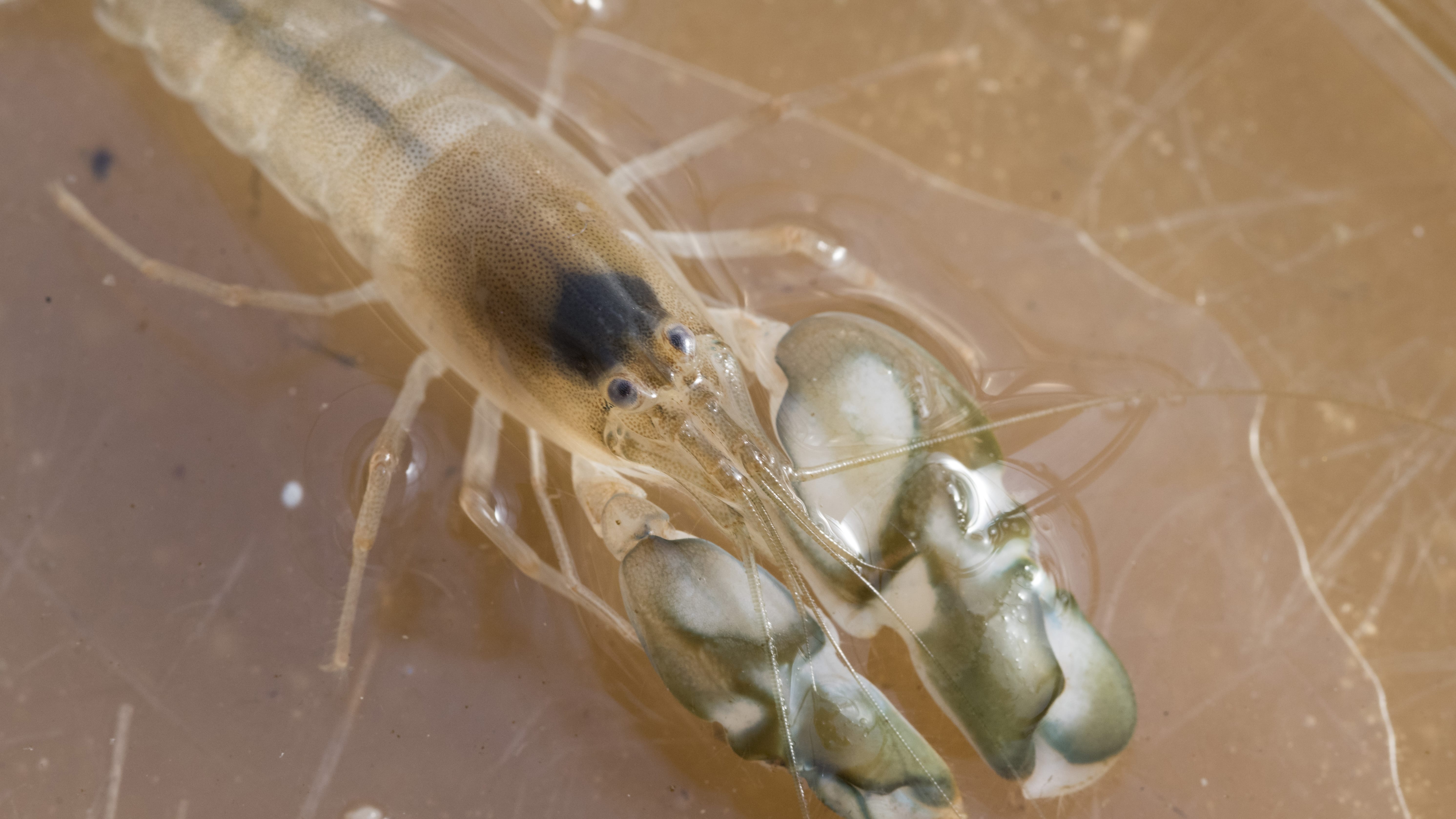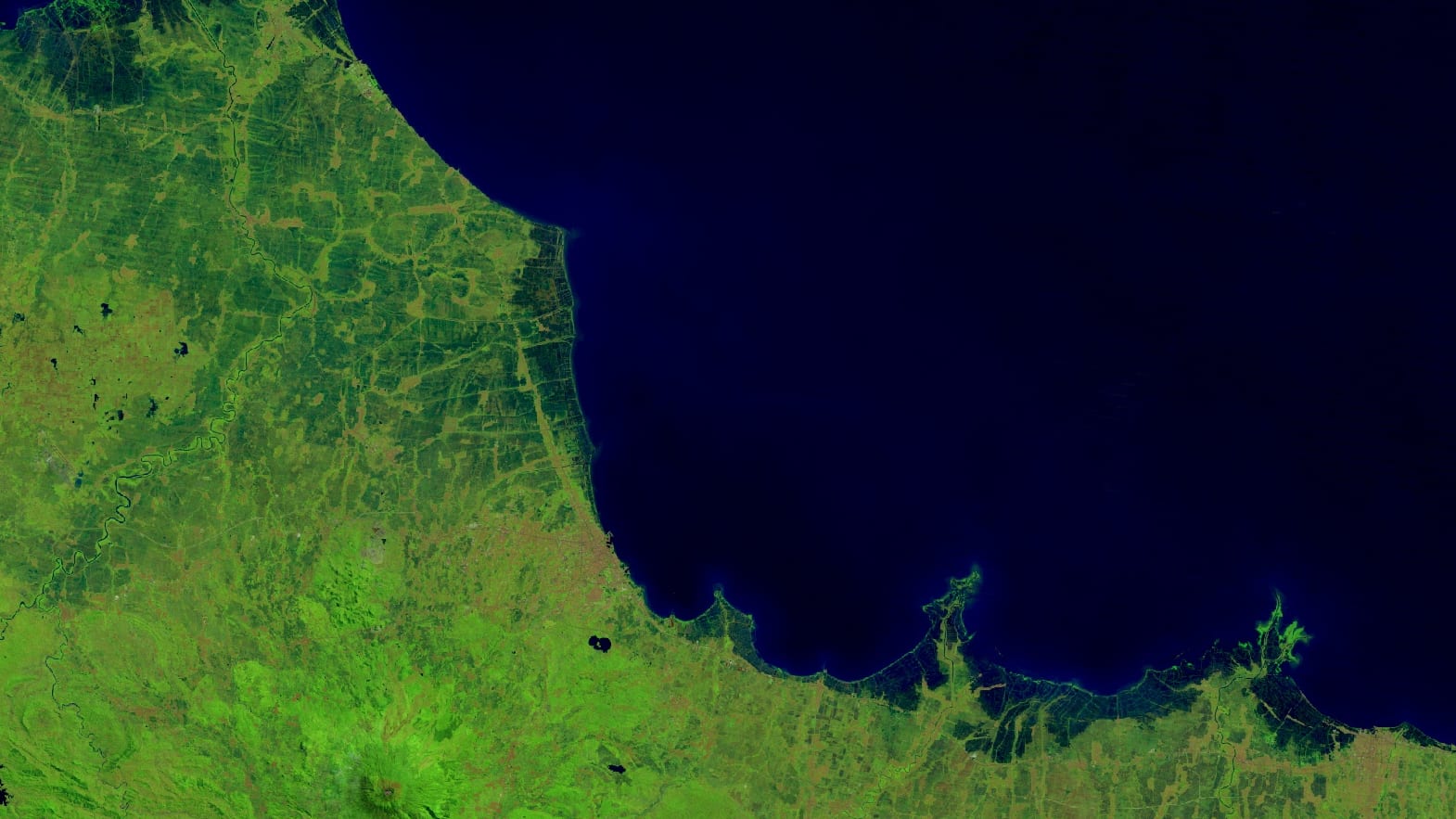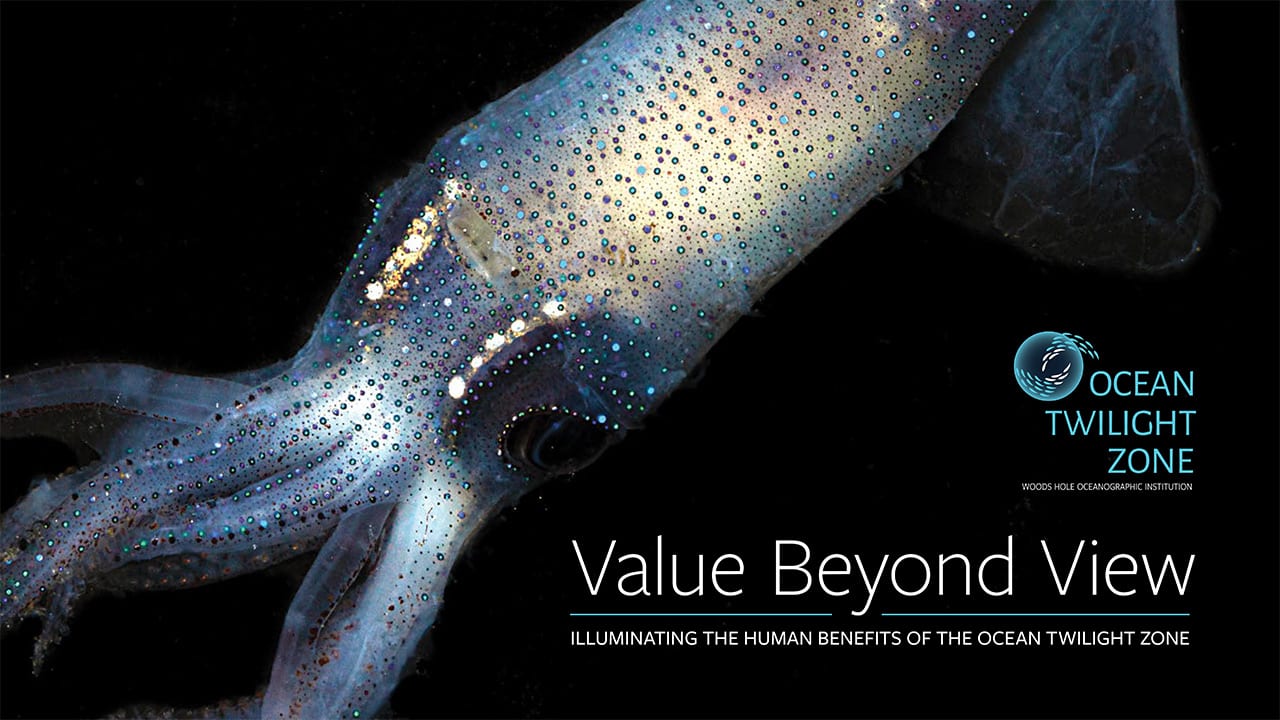News Releases
Florida Current is Weaker Now Than at Any Point in the Past Century
A key component of the Gulf Stream has markedly slowed over the past century—that’s the conclusion of a new research paper in Nature Communications published on August 7. The study…
Read MoreNew paper addresses the mix of contaminants in Fukushima wastewater
A new study in the journal Science addresses recent suggestions that treated wastewater from the Fukushima Dai-ichi Nuclear Power Plant should be dumped in the ocean.
Read MoreWHOI receives $2.7M from Simons Foundation to study nutrients, microbes that fuel ocean food web
The Simons Foundation has awarded Woods Hole Oceanographic Institution (WHOI) scientists Dan Repeta and Benjamin Van Mooy two grants totaling $2.7 million to study key processes that help fuel the…
Read MoreWHOI names Peter de Menocal President and Director
Climate scientist and expert in Earth-human interactions will be the Institution’s 11th leader
Read MoreWHOI Scientists Make Woods Hole Film Festival Appearance
Woods Hole Oceanographic Institution (WHOI) scientists appear in two shorts and a feature film at this year’s Woods Hole Film Festival (WHFF). In addition, scientists will also participate in Q&A…
Read MoreWHOI researcher dives to Challenger Deep
Ying-Tsong Lin is the 12th person in history and the first person of Asian descent to visit ocean’s deepest seafloor A Woods Hole Oceanographic Institution researcher became one of just…
Read MoreWHOI researchers head back to sea after “pause” in research expeditions
After ten weeks of preparation, nine science team members from Woods Hole Oceanographic Institution (WHOI) will depart on the R/V Neil Armstrong from Woods Hole, MA on Sunday 7 June 2020 for an 11-day expedition to service the Pioneer Array, a collection of ocean observing equipment off the New England coast, 55 miles south of Martha’s Vineyard.
Read MoreWoods Hole Oceanographic Institution Elects New Trustees and Corporation Members
The Board of Trustees of Woods Hole Oceanographic Institution (WHOI) announced today the election of two new trustees and nine new corporation members. The new trustees are Dr. Cullen Buie,…
Read MoreFishing less could be a win for both lobstermen and endangered whales
A new study found that New England’s historic lobster fishery may turn a higher profit by operating with less gear in the water and a shorter season, which could also benefit endangered North Atlantic right whales.
Read MoreOcean explorer and filmmaker James Cameron to host virtual event on Extreme Ocean Machines
On May 20, ocean explorer and world-renowned filmmaker James Cameron will host a special edition of Ocean Encounters, a popular virtual event series from Woods Hole Oceanographic Institution.
Read MoreNorth Atlantic right whales are in much poorer condition than their Southern counterparts
New research by an international team of scientists reveals that endangered North Atlantic right whales are in much poorer body condition than their counterparts in the southern hemisphere.
Read MoreWhat did scientists learn from Deepwater Horizon?
Ten years after the Deepwater Horizon explosion caused the largest accidental marine oil spill in history, WHOI marine geochemists Elizabeth Kujawinski and Christopher Reddy review what they— and their science colleagues from around the world—have learned.
Read MoreNew geochemical tool reveals origin of Earth’s nitrogen
A new geochemical tool sheds light on the origin of nitrogen and other volatile elements on Earth, which may also prove useful as a way to monitor the activity of volcanoes
Read MoreA rapidly changing Arctic
A new study by researchers at Woods Hole Oceanographic Institution (WHOI) and their international colleagues found that freshwater runoff from rivers and continental shelf sediments are bringing significant quantities of carbon and trace elements into parts of the Arctic Ocean via the Transpolar Drift—a major surface current that moves water from Siberia across the North Pole to the North Atlantic Ocean.
Read MoreThe ocean’s ‘biological pump’ captures more carbon than expected
Scientists have long known that the ocean plays an essential role in capturing carbon from the atmosphere, but a new study from Woods Hole Oceanographic Institution (WHOI) shows that the efficiency of the ocean’s “biological carbon pump” has been drastically underestimated, with implications for future climate assessments.
Read MoreWHOI starts construction on new innovation hub
Woods Hole Oceanographic Institution (WHOI) will begin construction March 23, 2020, on a new, state-of-the-art building on its Quissett Campus located off Woods Hole Road.
Read More$8.3M award to WHOI extends observational record of critical climate research
The National Science Foundation (NSF) recently awarded $8.3 million to the Woods Hole Oceanographic Institution (WHOI) to extend the life of the Overturning in the Sub-polar North Atlantic Program (OSNAP) in a key part of Earth’s ocean-climate system.
Read MoreMicrobes far beneath the seafloor rely on recycling to survive
Scientists from Woods Hole Oceanographic Institution and colleagues reveal how microorganisms could survive in rocks nestled thousands of feet beneath the ocean floor in the lower oceanic crust.
Read MoreIndian Ocean phenomenon spells climate trouble for Australia
New international research by Woods Hole Oceanographic Institution (WHOI) and colleagues has found a marked change in the Indian Ocean’s surface temperatures that puts southeast Australia on course for increasingly hot and dry conditions.
Read MoreStudy reveals rapid sea-level rise along U.S. Atlantic coast in 18th century
During the 18th century, sea levels along a stretch of the Atlantic coast of North America were rising almost as fast as they were during the 20th Century, reveals a new study.
Read MoreStudy reveals Missoula Floods impact on past abrupt climate changes
A new study shows for the first time how massive flood events in the eastern North Pacific Ocean—known as the Missoula Floods—may have in part triggered abrupt climate changes in the Northern Hemisphere during the last deglaciation (approximately 19,000–11,700 years ago).
Read MoreWarming oceans are getting louder
One of the ocean’s loudest creatures will get even louder and more troublesome to humans and sea life as the ocean warms.
Read MoreFor now, river deltas gain land worldwide
Delta areas worldwide have gained land in the past 30 years, despite river damming. However, recent land gains are unlikely to last throughout the 21st century due to expected, accelerated sea-level rise.
Read MoreReport reveals ‘unseen’ human benefits from ocean twilight zone
A new report from researchers at Woods Hole Oceanographic Institution (WHOI) reveals for the first time the unseen—and somewhat surprising—benefits that people receive from the ocean’s twilight zone. Also known as the “mesopelagic,” this is the ocean layer just beyond the sunlit surface.
Read More
